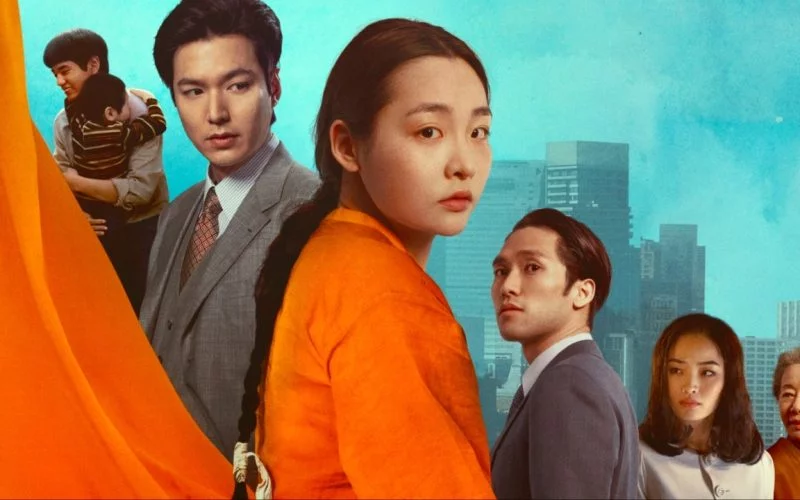Season 2 of Pachinko premieres August 23 on Apple TV+.
The debut season of Apple TV+’s Pachinko was praised for its compelling storytelling, cinematography, and production design. However, the first season struggled with adapting the vast material from Min Jin Lee’s bestselling novel, resulting in episodes that felt overstuffed. Season 2, on the other hand, addresses these issues by taking creative liberties with the source material to create more focused and character-driven narratives. Showrunner Soo Hugh leads the way in this remarkable second season, expanding Pachinko into a masterclass in resonance and reflection, while staying true to the core themes of the book.
Evolution in Storytelling
Under the direction of Soo Hugh and a team of talented directors, Season 2 of Pachinko skillfully weaves together the split timelines of the narrative. The transitions between past and present underscore the cyclical nature of history, where past mistakes echo into the future. The storytelling is more cohesive this season, thanks to smart changes that optimize the adaptation from novel to screen.
Expanding Character Arcs
Hugh retains key moments from the source material while expanding various character arcs to add depth and tension. Characters like Solomon and Sunja are given more room to grow and reflect on their experiences, broadening the themes of the series to resonate with a wider audience.
Visual and Emotional Impact
Across the decades and storylines, Pachinko continues to impress with its cinematography, production design, and costume detail. The imagery is vivid and culturally rich, immersing viewers in the world of the characters. The emotional depth is further enhanced by poignant dialogue and a captivating score that elevates key moments.
Character Development and Empathy
In Season 2, every character, no matter how minor, is given the opportunity to shine and explain their motivations. The show delves into the complexities of each character, showcasing their struggles and growth. This results in a more profound and empathetic portrayal of their stories, inviting viewers to connect with their journeys.
Looking Ahead
Pachinko’s second season is a poignant exploration of past traumas and resilience, leaving viewers with lingering questions and reflections. As the series delves into themes of forgiveness and moving forward, it sets the stage for what promises to be a compelling continuation of the story. Can the characters truly escape the shadows of the past, or is looking forward the only way to find peace?
